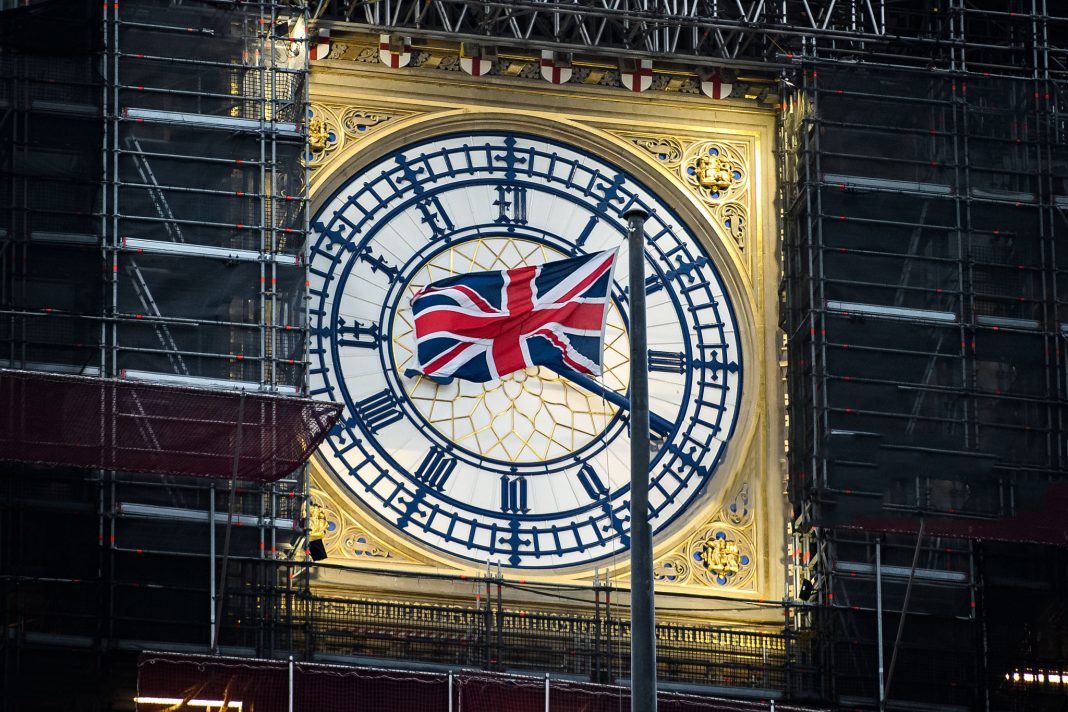What Is an Early Impact of Brexit on British Politics?
The Labour Party was the biggest loser in British politics in the last general election after it sustained its worst electoral defeat since 1935 in December 2019. The defeat has been attributed, by mainstream media, to a couple of factors, including Labour’s approach to Brexit. A similar judgement was made to justify the failure of the Liberal Democrats in the 2019 election. But the results can also indicate how nationalism is on the rise in the sceptred isle.
With Brexit implemented, it is time to think “now what”. If we accept the argument that Boris Johnson’s party won the election because of its slogan ‘Get Brexit Done,’ now is the time to ask the question what else are the Tories needed for.
Ironically, cutting the umbilical cord from the EU has not been as pompous and flurry as the Tories expected. Quite the contrary, the UK is now witnessing problems on its borders in imports and exports with its biggest trade partner – the European Union.
If the current situation keeps persisting, devolution will become more and more appealing in Scotland and Northern Ireland. That is not what London wants.
London will suffer two big losses if what the sceptics predicted comes true: the economy will shrink and Scotland will revolt to become independent in order to rejoin the EU.
Will the Conservatives Win Forever?
The past is a good example to convince us that the Tory winning run is not forever. Different contributing elements will be of influence in future general elections in the UK. Economic indicators have to be considered at the top of the list of impact makers.
The Brits will not vote for the Conservatives if it hits them in the pocket. Accordingly, the economic status of the UK in the coming years is of great importance in British politics.
The Tories have been claiming traditionally Labour seats in the last decades and politicians have been looking for the reasons. Among the justifications offered is the rise of nationalism in the West. However, the left is also making some changes to adapt itself to these realities. As nationalists lost in the US presidential election 2020, there is a fair chance that the same thing could happen in the UK in the next election.
The Conservative victory in the last general election is partially owed to flaws in the Labour election campaign with a vague message which was neither appealing nor clear in many areas.
It means that if Tories face a strong opponent in the next general election, they are prone to lose what was gained in December 2019.
So, all in all, the Tory Party will not stay popular forever, should the following happen: 1) the British economy gets into trouble after Brexit, 2) the UK breaks up in the process of devolution, and 3) the Labour Party delivers more appealing messages to the public.
Brexiteers were playing political tricks with a blame game against immigrants and European Union bureaucrats for what was in reality Westminster’s failures. They have won in the short run, but they are on very shaky ground if they fail to exhibit any real achievements.
Will Labour and Tory Get Closer After Brexit?
Labour will make a clean break from its divisions over Europe and not seek major changes to the UK’s relationship with the EU, said Labour leader Keir Starmer on the eve of the vote on the post-Brexit trade deal, vowing to shift Labour’s focus to “Britain in the 2030s” rather than the battles of 2016.
The U-turn may be considered by some as a sign that Labour and Tory are getting closer after Brexit. The history of political interactions in the modern world shows that different parties may concede to some degree of modification at historic turning points. However, different parties will still compete over gaining a stronger hold on power.
Walter Russell Mead, a historian at Bard College, described Boris Johnson’s “National Conservatism” as a “pro-enterprise political approach that is nevertheless grounded in the traditional sentiments and loyalties of the people.” It means that the Labour and Tory parties are still supporting opposite economic camps, but the change in their appeal is another story. Despite Labour’s leftist approach, workers in England are more and more aligning with the Conservative Party, a phenomenon that is pushing Labour politicians to deliver a different message to the public.
Divisions between parties will not heal after Brexit. The consequences following the recent developments in the country will pave the way for more rivalling arguments which will set the field for new political theatrics in Westminster.
The official stance of the Labour Party at the time of ratifying the post-Brexit trade deal with the EU was that anything is better than nothing. This, again, can give Labour politicians a chance in the future to say that they did not want the deal wholeheartedly should it have negative consequences for the UK.
However, if the Tory Party is going to prevent economic difficulties in the post-Brexit era by taking measures against workers, then there is a good chance that Labour will gain ground in the next general election. The Financial Times reported in January that Downing Street has authorised the business department to remove the cap on the 48-hour work limit per week in a post-Brexit shake-up of regulations. Worker protections enshrined in EU law are the easiest way for London to immunise the British economy against looming changes in the labour markets after Brexit.
The SNP has said the proposed changes prove independence is the only way to protect workers in Scotland.
Again, the reaction by the SNP shows that Brexit is expected to contribute to grim economic impacts and devolution in the long run, which are both against the interests of London.

